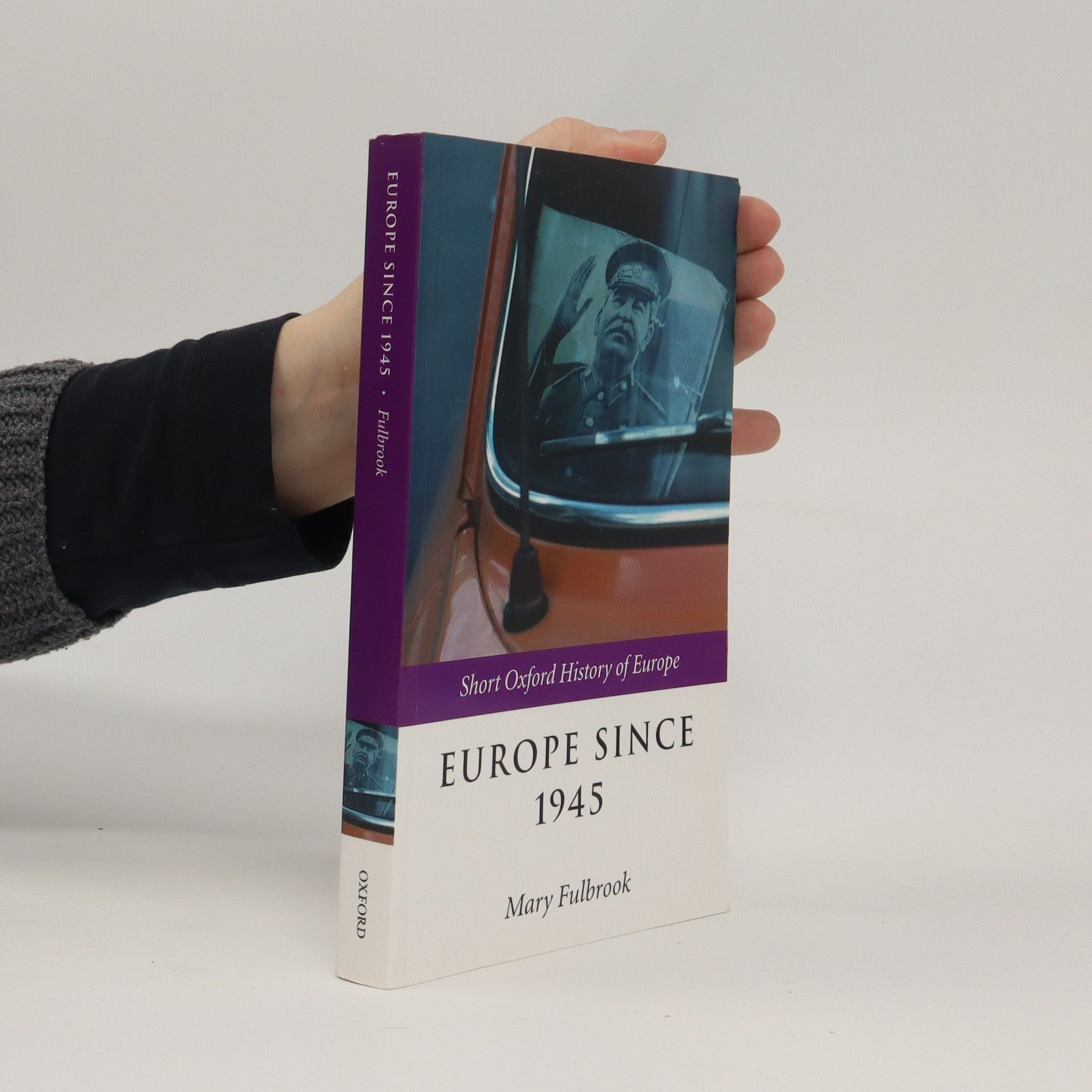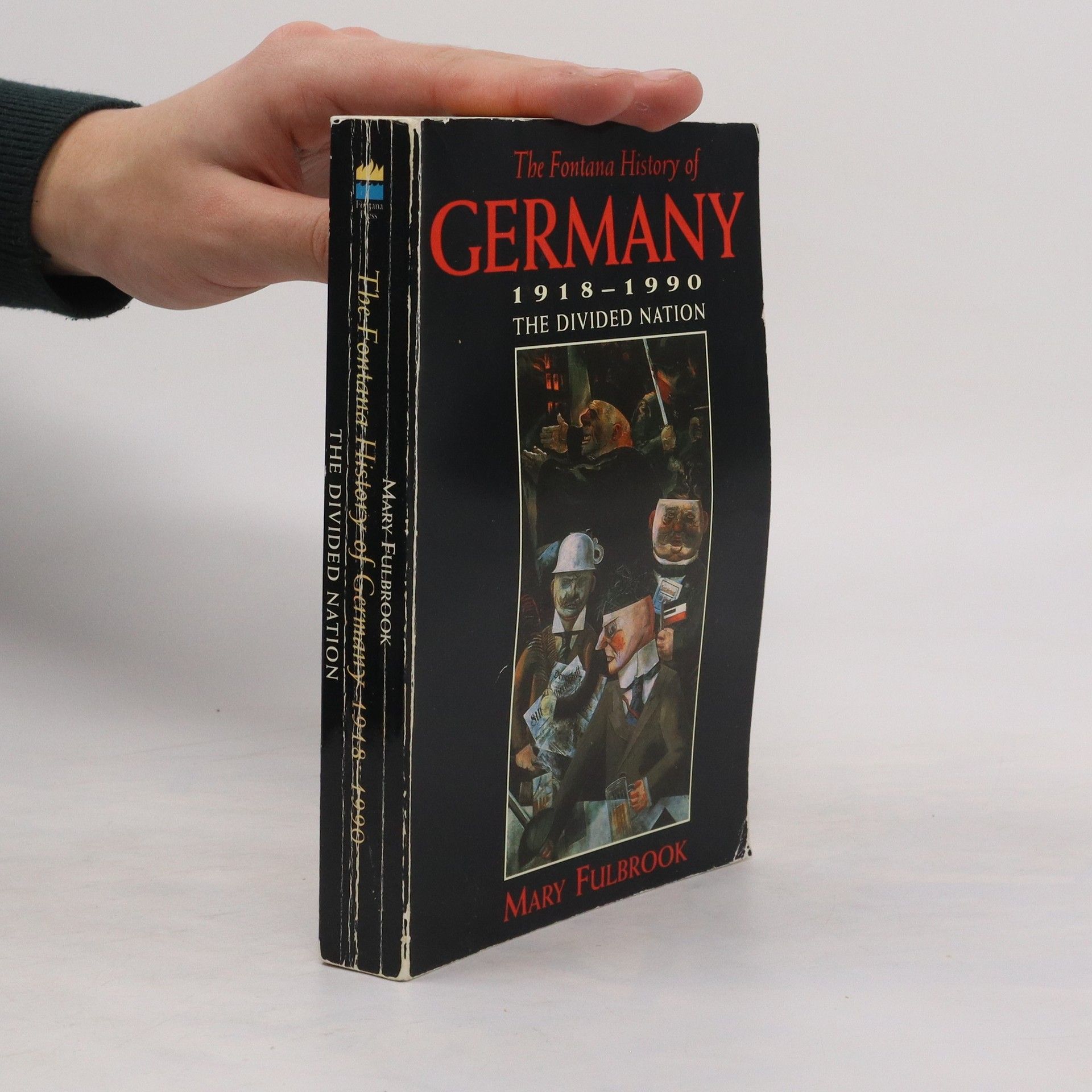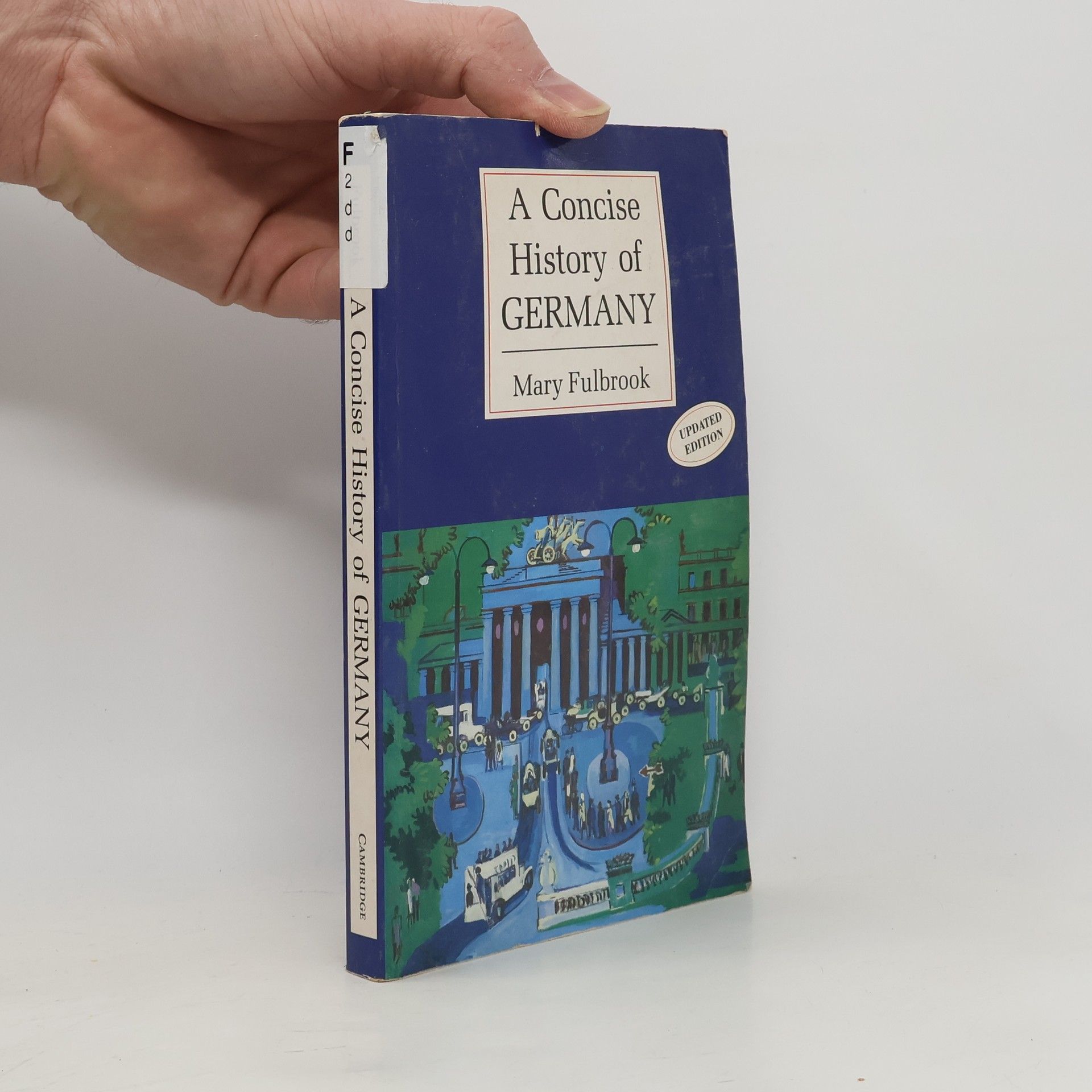Bystander Society
Conformity and Complicity in Nazi Germany and the Holocaust
Focusing on the actions of individuals during the Nazi era, Mary Fulbrook challenges the prevalent question of awareness among Germans, suggesting that the more critical inquiry is about their responses to what they knew. Through a compelling analysis, she explores the moral choices and responsibilities of people in the face of atrocities, delving into the complexities of knowledge and complicity in a historical context that remains deeply relevant today.




